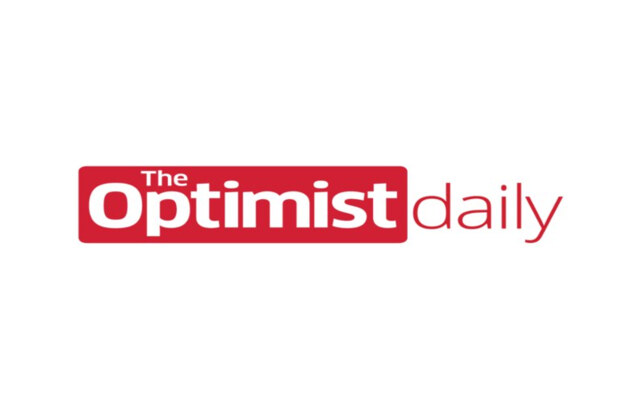With the prescription drug market expected to exceed $1.3 trillion worldwide by 2018, this new strategy is hoped to help maximize profits from existing brands. The United States is unusual in its policy to allow pharmaceutical companies to advertise directly to consumers—in most countries the practice has been deemed unethical. But here it is being used to give consumers strong associations with specific drugs in the hope that they will continue to opt for expensive name brands instead of chemically identical generics.
The development of “brand personalities” is commonplace for consumer products like computers and processed food, and now two marketing experts from Hoffman LaRoche pharmaceutical company and the John Molson School of Business in Montreal, Canada have developed a Prescription Brand Personality Scale to help do the same for drugs.
They asked 483 Americans to rate 15 popular prescription drugs like Viagra and Lipitor according to 22 personality traits. They found that people did in fact assign human attributes to these drugs, and that the brand personalities had two general dimensions: competence and innovation. That is, brand-name drugs were associated with words like dependable, reliable, and stable, as well as words like unique and original. The marketers hope that the concept of brand personality can help make patients more familiar with certain drugs—which may ultimately make them more receptive to taking them, or even asking their doctor for them specifically.
(Source: Journal of Consumer Marketing, 2013; 30: 583.)
Photo: Flickr/ cmuffins












